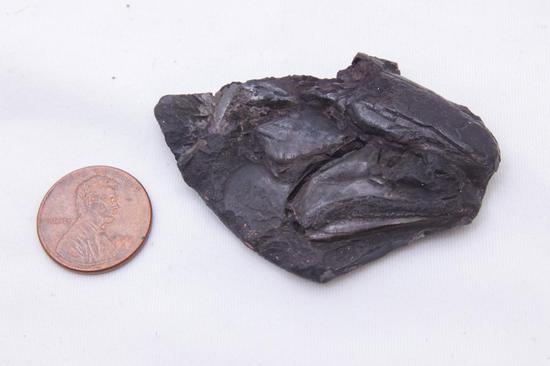A team of Chinese veterinary experts will go to the United States this month to investigate the death of 25-year-old giant panda Le Le at the Memphis Zoo in Tennessee.
The Shanghai Zoo, where Le Le was from, said veterinary experts from Shanghai, together with their counterparts from the Beijing Zoo, the original home of Ya Ya, the female panda lent to the Memphis Zoo in 2003 with Le Le, and other members of the Chinese Association of Zoological Gardens, are preparing for the trip to the U.S.
The Chinese group will join the veterinary team at Memphis Zoo to carry out a postmortem examination to find out the reasons for the panda's "sudden and unexpected "death in its sleep early on Feb 1, according to a statement released by Memphis Zoo on Feb 3.
The public in both countries have since mourned Le Le's death, which has aroused concerns among netizens, who have called for the return of 22-year-old Ya Ya to China as soon as possible.
In recent videos posted online by visitors, the female panda appears emaciated.
In April 2003, the then five-year-old Le Le and the two-year-old Ya Ya arrived at the Memphis Zoo, making it the fourth zoo in the U.S. with pandas. In 2013, after their 10-year lease ended, Memphis signed an agreement with the CAZG to extend the lease for another 10 years. Both pandas were due to return to China in April.
The CAZG was the first to be informed of Le Le's death.
In January, the two sides discussed the early return of the two pandas due to their rising age and Ya Ya's skin disease, which made her unsuitable for public display.
On Saturday, Beijing Zoo told news outlet Eastday.com that it is going through the relevant approval procedures for Ya Ya's return to China, but an exact date is not clear.
Compared to wild pandas, which have a life span of 18 to 20 years, captive pandas may live to be older than 30 due to the way they are fed and the medical treatment they receive, according to the Chengdu Research Base for Giant Panda Breeding.
Jia Jia, who died on Oct 16, 2016, at Hong Kong's Ocean Park at the age of 38 years and two months, was the oldest giant panda to have lived in human care.
A national census in 2014 found that there were 2,459 pandas in the world, including 1,864 in the wild, up from 1,596 in 2004, the International Union for Conservation of Nature said in its 2016 report on the animal.


















































 京公网安备 11010202009201号
京公网安备 11010202009201号